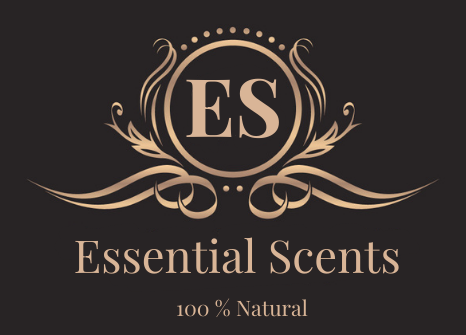Introduction
Essential Oils
Introduction
Essential oils have surged in popularity as people increasingly seek natural remedies and holistic health practices. Derived from plants, these potent extracts have a variety of uses, from promoting relaxation to enhancing physical wellness. In this article, we’ll explore what essential oils are, their historical significance, how they work, and how to use them safely.
What Are Essential Oils?
Essential oils are concentrated extracts from plants, capturing their scent and beneficial properties. They are typically obtained through distillation (using steam) or cold pressing. The purity and quality of essential oils are paramount, as these factors significantly influence their effectiveness and safety.
History of Essential Oils
The use of essential oils dates back thousands of years. Ancient civilizations like the Egyptians, Chinese, and Indians harnessed these oils for medicinal, spiritual, and cosmetic purposes. Over time, their uses evolved, and essential oils became integral to various cultural practices. Today, they are experiencing a resurgence, embraced by both the wellness community and mainstream consumers.
How Essential Oils Work
Essential oils work through two main mechanisms: aromatherapy and topical application. In aromatherapy, the oils are inhaled, stimulating the olfactory system and influencing brain regions involved in emotion and memory. Topically, essential oils are absorbed through the skin, entering the bloodstream and exerting their effects. Proper dilution with carrier oils is crucial to avoid irritation.
Common Types of Essential Oils and Their Uses
Lavender: Known for its calming properties, lavender oil is often used to reduce stress and promote sleep.
Peppermint: This invigorating oil can help with headaches and improve focus.
Eucalyptus: Eucalyptus oil is popular for respiratory issues and has a refreshing, antiseptic quality.
Tea Tree: Renowned for its antimicrobial properties, tea tree oil is a staple in skincare for treating acne and infections.
Lemon: Uplifting and purifying, lemon oil is great for cleaning and boosting mood.
Benefits of Essential Oils
Essential oils offer numerous benefits:
Physical Health: Many oils provide relief from ailments such as pain, digestive issues, and inflammation. For instance, ginger oil is excellent for nausea, while rosemary can help with muscle pain.
Mental Health: Oils like lavender and chamomile are widely used to alleviate stress, anxiety, and depression.
Household Uses: Beyond personal health, essential oils can be used in cleaning products and natural pest control solutions.
How to Use Essential Oils Safely
Safety is paramount when using essential oils. Here are some key guidelines:
Dilution: Always dilute essential oils with a carrier oil (such as coconut or jojoba oil) before applying them to the skin.
Patch Testing: Conduct a patch test to check for allergic reactions.
Avoid Ingestion: Essential oils should not be ingested unless under the guidance of a qualified professional.
Special Precautions: Be cautious when using essential oils around children and pets, as they can be more sensitive to their effects.
